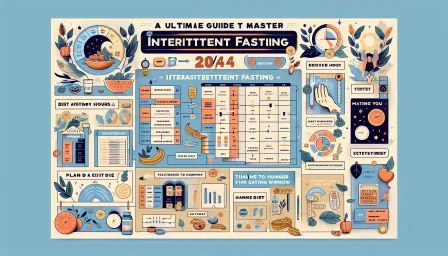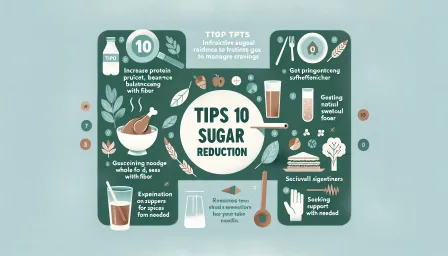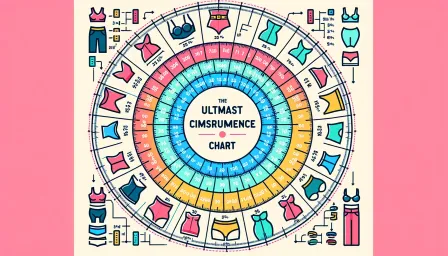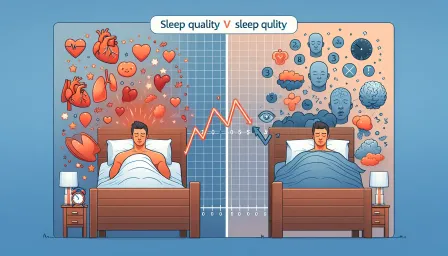The Impact of Cheat Meals on Athletic Performance: What You Need to Know
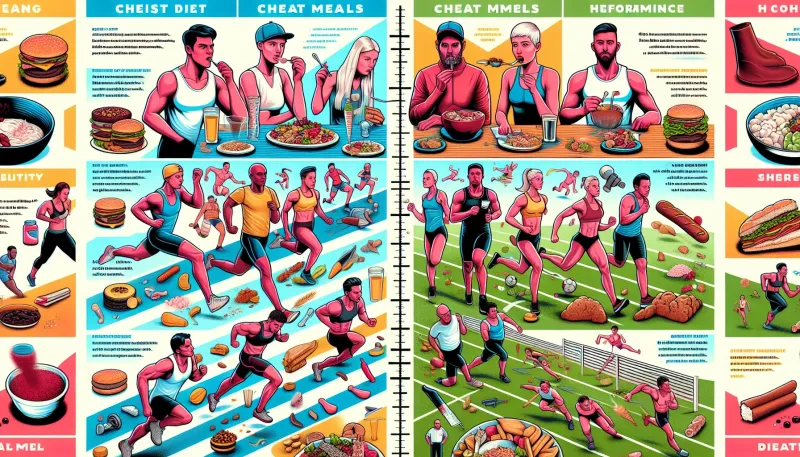
Discover how cheat meals affect athletic performance. Learn the benefits and risks, and get tips on how to incorporate cheat meals into your diet effectively.
Understanding the relationship between diet and athletic performance is crucial for anyone aiming to improve their physical abilities. One contentious topic is the inclusion of "cheat meals" in an athlete's diet regimen. This article explores the impact of cheat meals on performance, considering both potential benefits and drawbacks. We'll also offer useful tips for incorporating cheat meals without compromising your goals.
What Are Cheat Meals?
Cheat meals are planned indulgences that allow one to temporarily break away from strict dietary rules. Such meals typically include foods that are high in calories, sugars, and fats, which are often restricted in a disciplined diet. While a cheat meal can offer psychological relief from dietary monotony, it's crucial to understand how these meals affect athletic performance.
The Potential Benefits of Cheat Meals
Mental Well-being
For athletes, following a rigid diet can be mentally exhausting. Cheat meals can provide a psychological break, alleviating stress and preventing diet fatigue. This mental relief can enhance overall well-being and adherence to diet plans over the long term.
Metabolic Boost
Periodic indulgence in cheat meals may provide a metabolic boost. When the body is subjected to a strict diet for an extended period, it can potentially slow down the metabolism. A cheat meal can act as a shock to the system, momentarily increasing metabolic rate.
Glycogen Replenishment
For athletes engaged in high-intensity training, glycogen stores can be rapidly depleted. Consuming carbohydrates in cheat meals can help replenish these stores, providing the necessary fuel for subsequent workouts.
The Potential Risks of Cheat Meals
Weight Gain
While occasional indulgence can be beneficial, overindulgence can lead to unintended weight gain. This is particularly concerning for athletes aiming to maintain a specific weight category or peak physical form.
Digestive Issues
Sudden introduction of high-calorie, fatty, or sugary foods can cause digestive discomfort. This may include bloating, stomach aches, or gastrointestinal distress, negatively impacting training sessions and performance.
Potential Nutritional Imbalances
Frequent or unplanned cheat meals can disrupt the nutritional balance of an athlete's diet. Ensuring that cheat meals do not replace essential nutrients is crucial for maintaining optimal health and performance.
How to Incorporate Cheat Meals Effectively
Plan Your Cheat Meals
Planning cheat meals in advance allows you to choose the most opportune times to indulge, often aligning with social events or post-competition periods. This helps maintain control over indulgence and minimizes the risk of overconsumption.
Maintain Balance
Ensure that cheat meals do not compromise the overall nutrient profile of your diet. Incorporate them in a way that they complement, rather than replace, your regular, balanced meals.
Portion Control
Indulging in smaller portions can help satisfy cravings without excessive caloric intake. This helps prevent the negative impacts associated with high-calorie consumption.
Listen to Your Body
Pay attention to how your body responds to cheat meals. If you notice digestive discomfort or diminished performance, reconsider the frequency or composition of your cheat meals. Adjust your approach based on how your body reacts.
Case Studies and Expert Opinions
Several athletes and nutrition experts have weighed in on the subject of cheat meals. For example, professional bodybuilders often strategically incorporate cheat meals in their diet plans to maintain metabolic health and enhance mental focus. Nutrition experts recommend that cheat meals should be part of a structured diet plan and emphasize the importance of moderation.
Conclusion
The impact of cheat meals on athletic performance is multifaceted. While they can offer psychological benefits and metabolic boosts, they also pose risks such as weight gain and potential digestive issues. By planning cheat meals strategically and maintaining balance, athletes can enjoy occasional indulgences without compromising their performance. Always listen to your body and adjust your diet plan as needed to ensure it meets your performance goals and overall well-being.





